Modi government has taken some interesting policy decisions in the 100 days since the time he met President Pranab Mukherjee to present his claim as Prime Minister of the world's largest democracy, says Tanmaya Nanda.
.jpg?w=670&h=900) It’s been 100 days since May 20, when Narendra Modi staked his claim to be Prime Minister after having led the Bharatiya Janata Party to an emphatic win in the Lok Sabha elections, largely on the promise of providing a cleaner, better governance model and higher economic growth.
It’s been 100 days since May 20, when Narendra Modi staked his claim to be Prime Minister after having led the Bharatiya Janata Party to an emphatic win in the Lok Sabha elections, largely on the promise of providing a cleaner, better governance model and higher economic growth.
Since then, there have been some rhetorical flourishes from the PM, but the general consensus seems to be that he hasn’t done enough to boost growth or taken steps to actually improve ground-level administration.
Having said that, the Modi government has taken some interesting policy decisions in the 100 days since the time he met President Pranab Mukherjee to present his claim as Prime Minister of the world's largest democracy.
We take a quick look at the top 10 moves from the government since then.
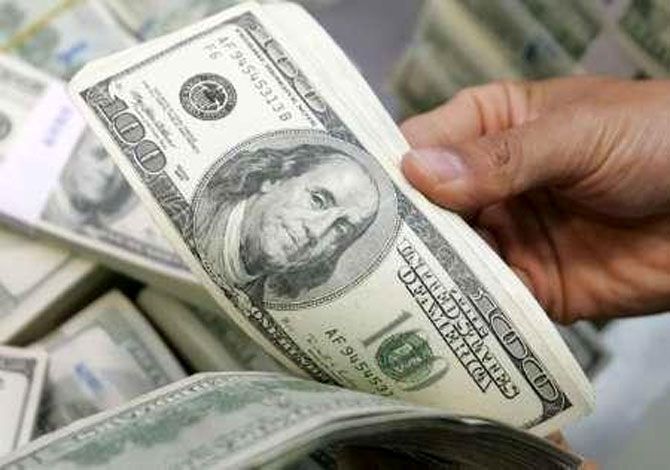
Foreign capital welcome
One of the big ticket reforms that the NDA government has undertaken is to open up two high-capex sectors – defence and railways – to foreign direct investment (FDI). In his Budget statement, Finance Minister Arun Jaitley said 100% FDI would be allowed for some railways projects, while up to 49% foreign investment would be permissible in the critical defence sector.
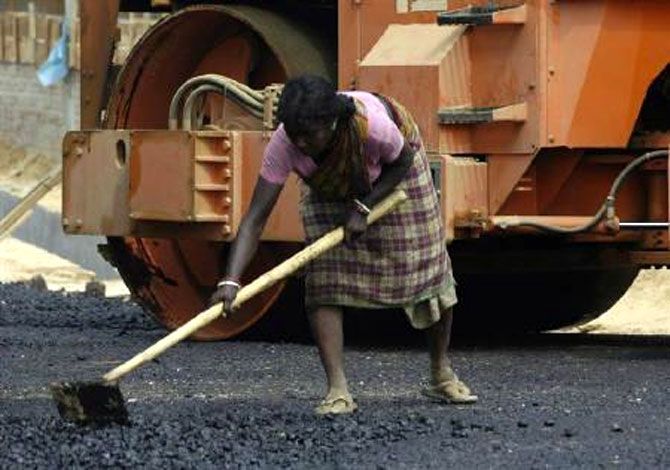
Green all the way
In what is perhaps the most industry-friendly policy move so far, the Modi government has relaxed a number of environmental norms for industry, especially mining, roads, power and irrigation. Permission from the gram sabha (village council), earlier a key requirement – and obstacle – for the mining industry, will no longer be a requisite for companies. The dilution of a slew of regulations related to environment, forest and tribal rights is seen as a shot in the arm for investments in these sectors.
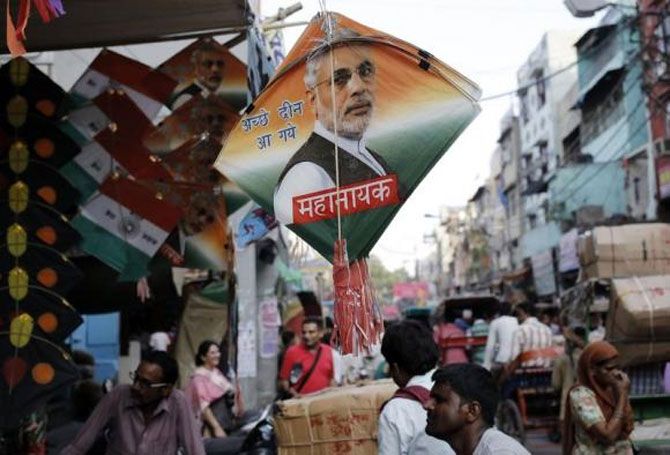
Financial inclusion solutions
In what may be the most ambitious policy decision yet, Prime Minister Modi on August 15 announced that the government would launch a Jan Dhan Yojana – literally, Public Wealth Scheme – a financial inclusion measure that aims to open a bank account for every low-income household in the country. What is of note is that each account would come with a Rs 5,000 overdraft facility and a Rs 100,000 insurance cover. A commendable move, but details on execution are still awaited and that, as we know, is where the devil is.
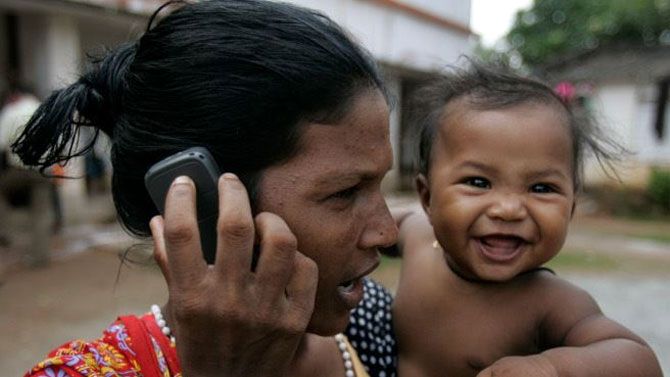
E-mpowering India
Another piece of the inclusion mantra is the idea of Digital India, a key measure of which is that high speed internet service even at the rural levels will now be treated as a core utility. Apart from this, the PM has called for education and telemedicine facilities to be made available through the Digital India platform. The facility can also be used by the poor to operate bank accounts, seek benefits of government schemes and run businesses.
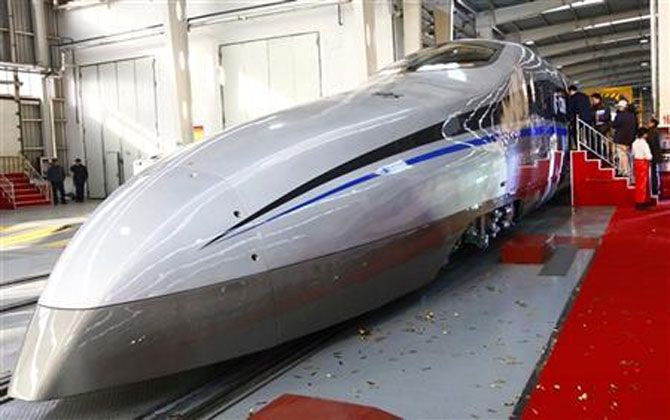
A Nation on the Move
Often confused with so-called ‘bullet trains’, this is the one announcement that met with the most scepticism. To start with, the high-speed trains will be between Mumbai and Ahmedabad. Gradually, a high-speed train network is to be established between the major metros along the Golden Quadrilateral and growth centres. As with some other announcements, the minutiae of how and when this would be done has been missing.
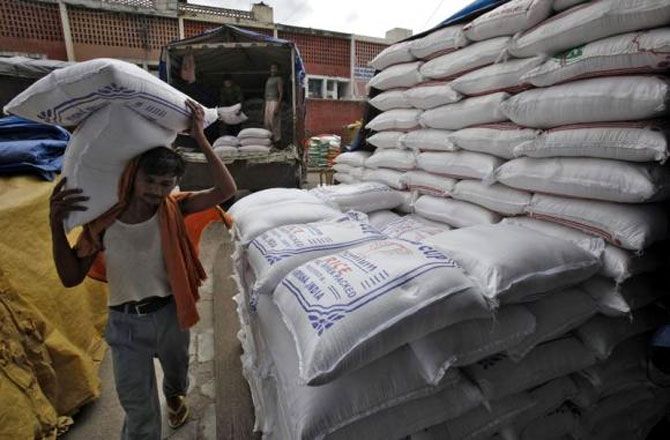
Dumping WTO, Asean
When Modi was elected, expectations were high that he would make India an investment friendly destination by aligning his government’s policies more closely with global trends. His record, thus far, has been anything but. For starters, India virtually scuttled a long-pending global trade pact at the WTO that would have streamlined customs rules across the world. India’s intransigence stemmed from the argument that it would not sign the pact unless there was parallel movement on a solution on public stockholding for food security. And as recently as Tuesday, India’s Commerce Minister Nirmala Sitharaman cancelled at the last minute her trip to Myanmar to sign an Asean services trade agreement.
.jpg?w=670&h=900)
Ganga Plan, or Cleansing the cleanser
In Hindu culture, a dip in one of the largest rivers in the country that flows from the Himlayas to the Bay of Bengal is believed to wash mortals of their earthly sins. Unfortunately, the river itself has now become so polluted that its very existence as a repository of freshwater and biodiversity, especially in its lower reaches, is in question. A dip at any major urban centre along the river now poses a considerable health risk, its holiness notwithstanding. Modi, who was elected from Varanasi, considered one of the holiest cities in Hindu legend, called upon the nation to fix this at a post-election rally, and followed it up with a Rs 2,037 crore allocation in the Budget for a comprehensive Ganga development plan.
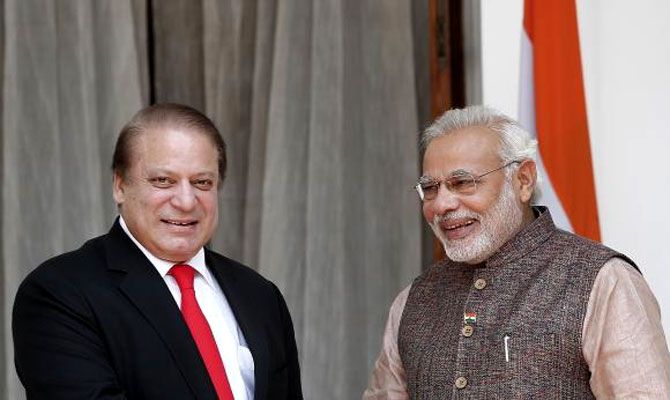
Pakistan: Scoring a point or Self-Goal?
When Modi invited Pakistan Prime Minister Nawaz Sharif for his swearing-in, he took hawks and doves on both sides of the border by surprise, and even raised hopes for a new chapter in Indo-Pak diplomacy. Such optimism, however, was quickly doused after India abruptly cancelled foreign secretary-level bilateral talks over the relatively minor matter of the Pakistan ambassador meeting with Kashmiri separatists in New Delhi. Such meetings have been going on for years, with previous Indian governments indulging the exercise. The Modi government’s stand – alternately described as belatedly muscular or excessive, depending on who is speaking – has effectively spelt out its foreign policy direction when it comes to India’s national interest.
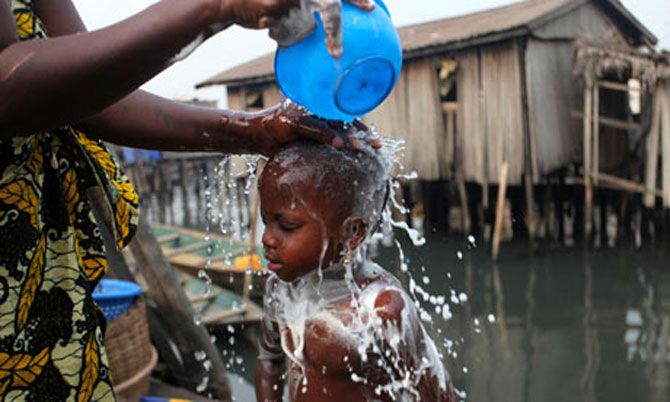
A Gandhian dose of Sanitation
Few people expected a Gandhi-like hectoring from Narendra Modi in his debut address to the nation from the ramparts of the Red Fort. But he did exactly that, shaming a nation on its lack of hygiene, sanitation and toilets, especially for women and children. His lament, if one may call it that, evoked prompt responses: Indian Overseas Bank said it would build toilets in 59 schools (one in each region that it operates in), while corporate heavyweights TCS and Bharti committed Rs 100 crore each towards the programme, F&B multinational Coca-Cola said it would expand on its existing toilet-building projects.
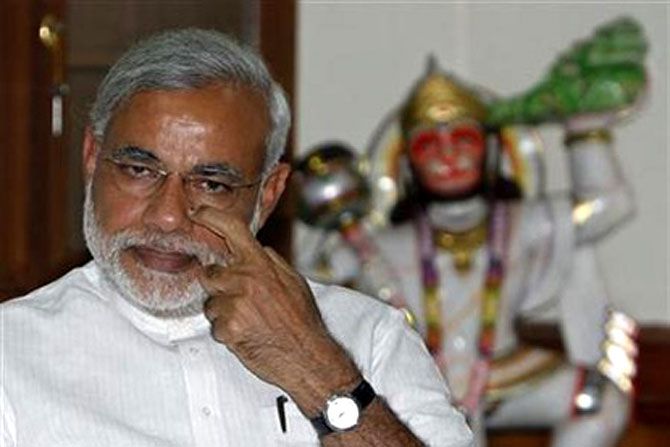
Decommissioning the Planning Commission
Long flayed as a holdover from India’s socialist heydays, the Planning Commission came to an abrupt – some say hasty – end when Modi announced that there was no need for such a body. Known most for its USSR-templated Five Year Plans, the Planning Commission was essentially the liaison between the Central government and the states on various plans and allocation and disbursal of funds, a role that both Modi and Jaitley had questioned in the past. Some economists have long questioned the raison d’etre for such a centrailised planning body in an economic environment that is moving towards a more federal, de-centralised model.






